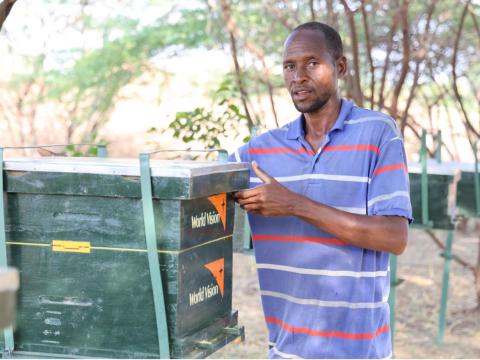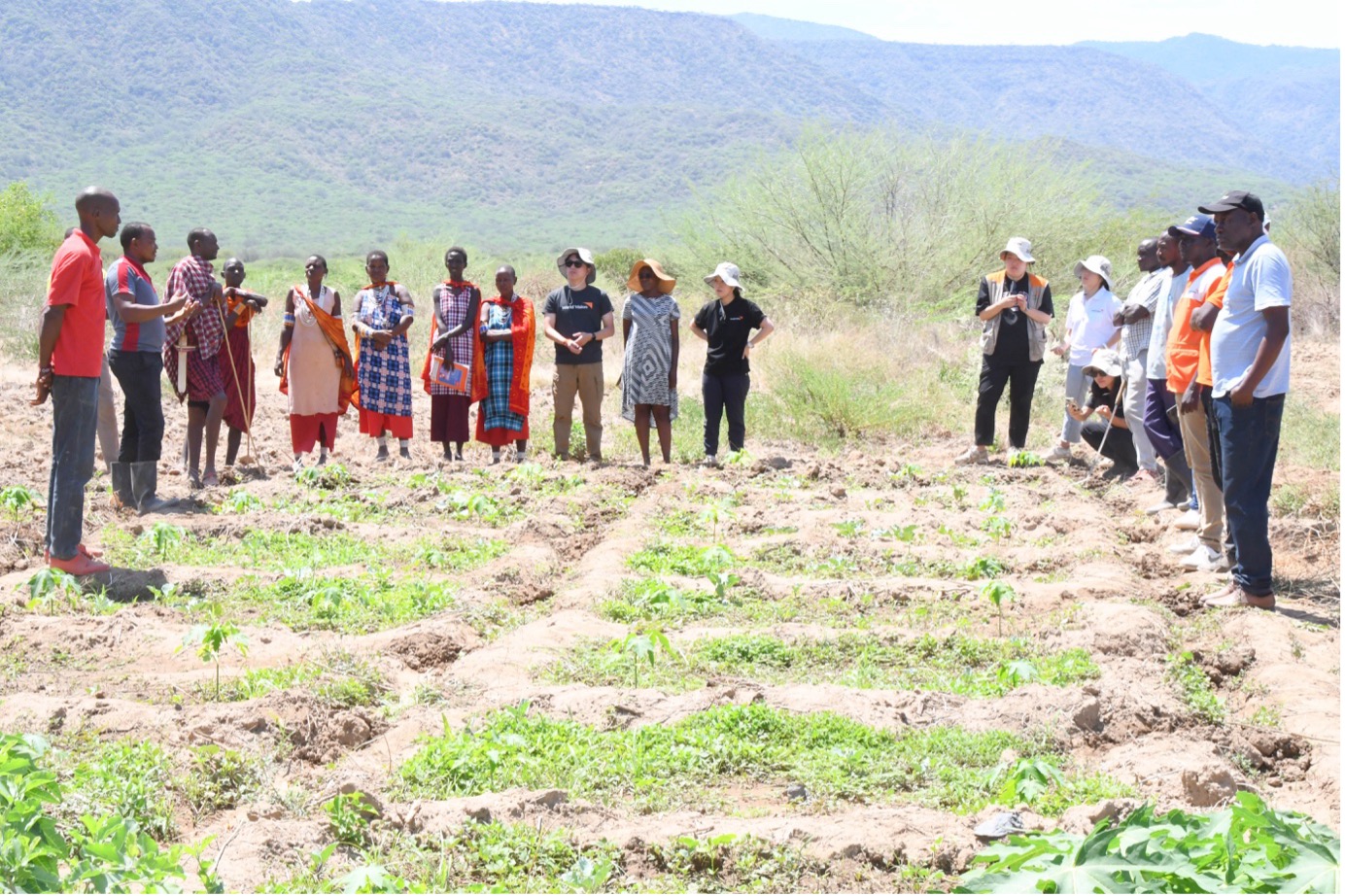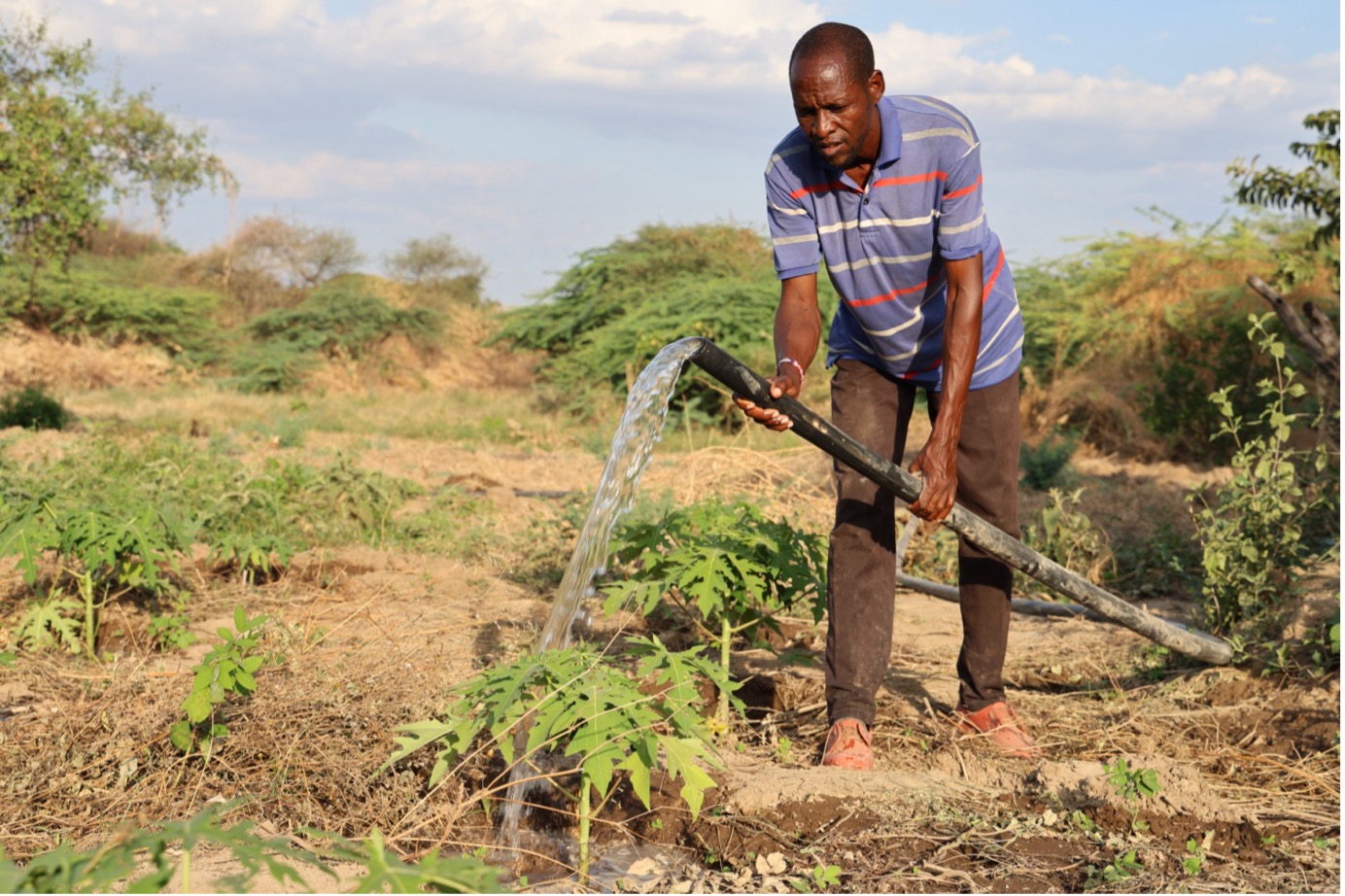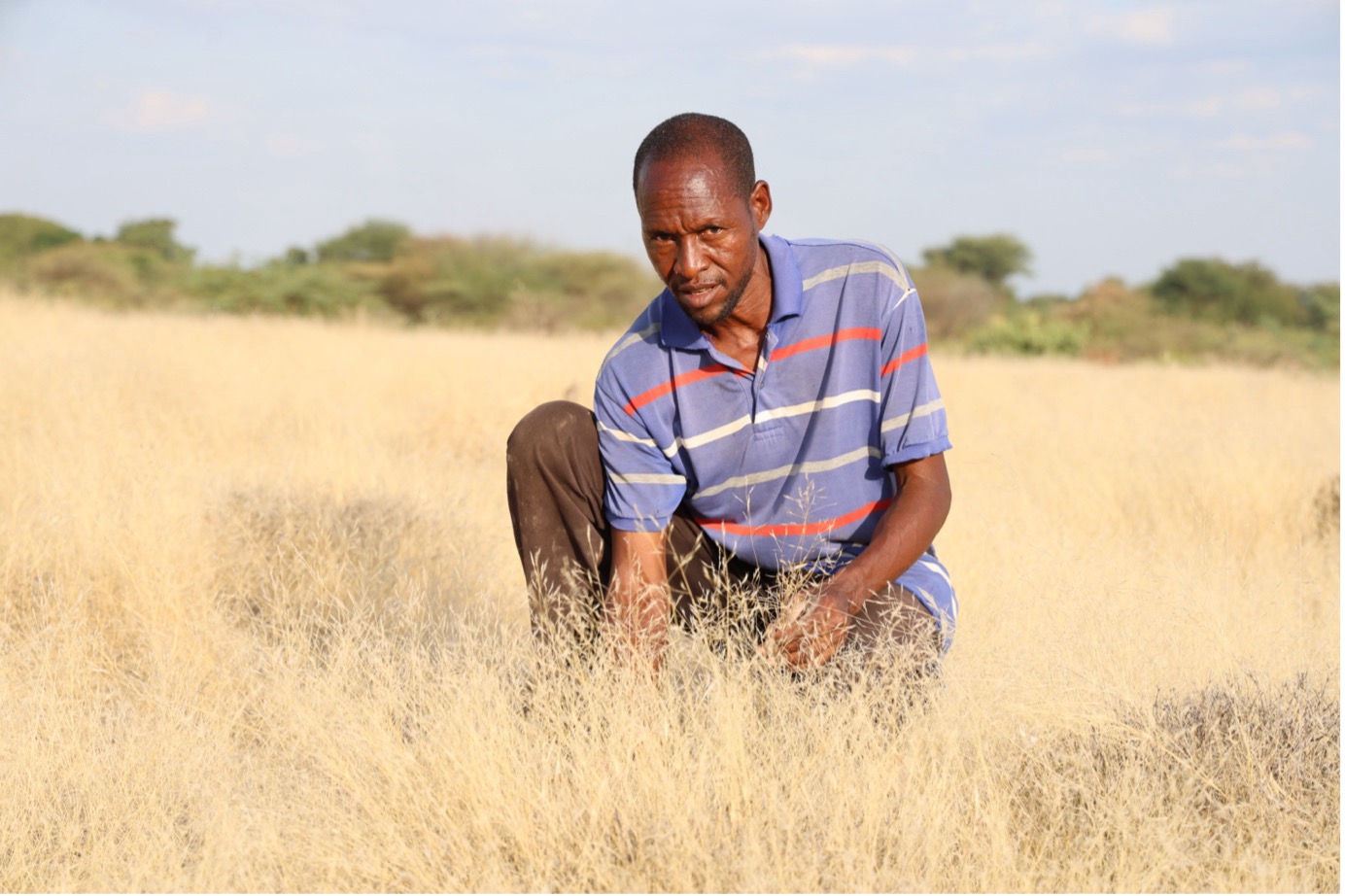From Drought to Abundance: Kajiado Farmer Champions Climate Resilience

In Mokinyo village, Kajiado County, Kenya, the Osupuko Restoration Group works to restore their land to its former glory. The name "Osupuko," meaning "Natural Paradise" in Maasai, reflects their vision. Once known for its greenery, the area has become drought-prone due to deforestation and human settlement.
Teeka Murunka, a father of seven, is leading this transformation. "When we lose rain, our economy suffers because we depend on livestock," he explains. "Drought sweeps everything away, leaving us without any source of livelihood."
In 2023, Murunka joined 90 other farmers in World Vision's Sustainable Environment and Economy Against Drought and Degradation (KSEED) project. Funded by the Korea International Cooperation Agency and World Vision Korea, the project teaches bee farming, Savings for Transformation (S4T), and Farmer-Managed Natural Regeneration (FMNR).
"Before the training, I farmed without a strategy, and my yields were poor," Murunka recalls. "Now, I turn farm waste into compost manure instead of burning it."
As the FMNR Trainer of Trainers, Murunka shares his knowledge with 19 other farmers. His farm serves as a demonstration site for sustainable farming practices. World Vision provided him with ten mango trees, and he later purchased 20 more fruit trees. His farm now produces mangoes, lemons, sugarcane, pawpaw, and natural grass for his 50 goats.

The beekeeping initiative has created a new income stream. "One litre of honey sells for Ksh 1,000," says Murunka. "I've saved money from honey sales, reinvested in my farm, and paid school fees."
Dongju Kim, KSEED Programme Director, emphasizes the importance of community engagement: "By listening to local communities and responding to their needs, we've seen remarkable participation and self-initiative."
The KSEED project promotes climate-smart practices including drip irrigation, hydroponics, and rainwater harvesting. Having transformed from pastoralism to sustainable farming, Murunka has revitalized his 14-acre farm. "Farming now provides my family with stable food and income," he says.

Quinter Oginga, Natural Resource Management Specialist at World Vision Kenya, notes: "We are empowering communities to understand value chains and build sustainable business models. By partnering with the government and local communities, we're restoring degraded landscapes while introducing alternative livelihoods."

This project demonstrates how communities, with proper training and support, can overcome environmental challenges and create sustainable futures.
By Felix Pilipili, Communications Specialist, World Vision Kenya